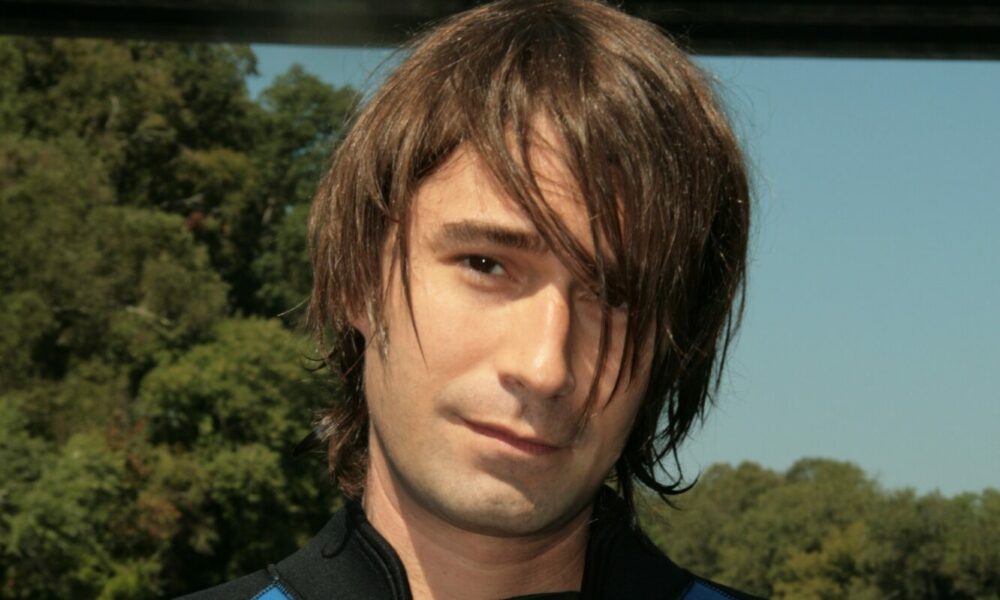

Today we’d like to introduce you to David Whiteside. Them and their team share their story with us below:
David Whiteside comes from a long line of civil rights leaders. A passion for justice is historically embedded in his blood and DNA. Whiteside was born with a strong sense of empathy. He would get upset with bullying and often intervene to end playground injustice. Most pollution disproportionately harms poor communities and people of color. He believes polluters disproportionately “bully” poor, minority, and disenfranchised communities with their dangerous discharges. He channels this empathy and passion for justice to unite communities against pollution.
One of Whiteside’s earliest memories is staring at raindrops falling on a window and concentrating on the little droplets merging to form bigger, more powerful drops of water. So many thoughts raced through his young mind. He started to figure out the water cycle and how little drops of water would combine to make larger water drops and, eventually, bodies of water. To Whiteside, the droplets also represented individual citizens. Like water, when citizens join together, they can create bigger, more powerful forces to help heal the world or move mountains.
In the first grade, Whiteside declared to his parents, teacher, and friends that he wanted to fight pollution and stuck with this decision. Soon after, he began apprenticing with his godfather, Robert F. Kennedy Jr., a prominent environmental lawyer, founder of Waterkeeper Alliance, and nephew of President John F. Kennedy. Whiteside and Kennedy consider environmental activism a continuation of their family’s civil rights legacy.
Whiteside attended The Altamont School in Birmingham. He graduated from The University of Vermont with a degree in Environmental Studies; his senior thesis was the creation of Black Warrior Riverkeeper and other Waterkeeper organizations. Whiteside became involved in Waterkeeper Alliance during its creation in the 1990s. Waterkeeper Alliance is the umbrella group for nearly 350 Waterkeepers worldwide.
Clean water is a basic human right. All humans are comprised of more than 60% water, no matter how they vote or the color of their skin. Whiteside says water is a “lowest common denominator” issue that unites our country and seeks to unite people against powerful polluting corporations and to build figurative bridges over troubled waters.
Alright, so let’s dig a little deeper into the story – has it been an easy path overall, and if not, what were the challenges you’ve had to overcome?
David Whiteside lost his father, an attorney, in a sudden, single car accident when he was in college. At this point, Whiteside was already deeply involved with the Riverkeepers and fighting water pollution. One of the last things his father said was that he was proud of his son for finding his passion and calling and how to make a difference. He also said most people go through life without finding their calling and passions. Whiteside lost his mother years later. Losing his parents at a young age remains the most difficult challenge of Whiteside’s life. He is uplifted and supported by Robert F. Kennedy and Hugo Marx, his fellow Riverkeeper team members, and many other supporters. Some of them have unofficially adopted him into their family.
Starting nonprofits from scratch is extremely difficult, especially at a young age and without a financial safety net. In the early days of Black Warrior and Tennessee Riverkeeper, Whiteside did not take a salary until the groups were on solid footing, which impoverished him. Robert F. Kennedy says: “He lives like St. Francis of Assisi. I always tell him that he should pay himself more, but he lives off the land. I worry that he doesn’t care for himself too well because he puts all his resources back into the program.”
Whenever Whiteside is faced with adversity or thinks his fight against pollution is difficult, he thinks of his maternal ancestors, especially Judge Frank Johnson. The latter made landmark rulings in many of the Civil Rights movement’s most important cases and helped end segregation and disenfranchisement in the South. His ancestors were at Looney’s Tavern in 1861 when Winston County, Alabama, declared neutrality rather than join the Confederacy. Later generations successfully fought the Ku Klux Klan and were on the front lines of the Civil Rights movement, often at a high cost. His relatives had crosses burned in their yard, and before her death, his mother recalled the constant presence of the FBI to protect the family. The Klan firebombed his great-grandmother’s house. Whiteside knows he has it easy compared to the many generations of his family before him. For decades, his maternal family was considered the most hated white family in the South.
Whiteside also looks to religion and faith to get him through the tough days. He recalls Psalm 112:5, which declares: “good will come to those who are generous and lend freely, who conduct their affairs with justice.” He also cites Isaiah 1:17, which says: “learn to do right; seek justice. Defend the oppressed. Take up the fatherless’s cause; plead the widow’s case.”
Thanks for sharing that. So, maybe next you can tell us a bit more about your work?
David Whiteside has created several nonprofit Riverkeeper organizations in the South that protect the drinking water for more than 8,000,000 Southerners. These organizations vigorously combat water pollution by enforcing environmental laws and educating the public. He and his team have filed legal actions against dozens of polluters for more than 100,000 Clean Water Act violations.
Additionally, Whiteside creatively utilizes the entertainment industry, especially the music business. Whiteside was one of the first activists in the country to use social media for a nonprofit. As a result, MySpace declared Black Warrior Riverkeeper an official partner. This led to MTV hiring David as a producer and reporter for MTV News in 2008. His time with MTV strengthened his music industry power, taught him valuable press skills, and enhanced his talents as an editor and producer. Whiteside and his team were among the first to use Twitter to report from the field and pioneered streaming live video news updates via special cell phones. They won an EMMY for their coverage and innovation in reporting the news.
One of Whiteside’s best friends at The University of Vermont was Jon Fishman, the drummer, and namesake from the aquatically themed band, Phish. Fishman, an early supporter of Whiteside’s career, enhanced family lessons on community organizing and channeling passion, creativity, and improvisation. Fishman and Whiteside strengthened each other’s aquatic philosophies and ability to surrender to the flow. In college, Whiteside realized that if other bands could do a portion of what Phish was doing, that could generate tremendous support.
Tennessee Riverkeeper was conceptualized on the Drive-By Truckers’ tour bus with the band, including Jason Isbell and Muscle Shoals legends Spooner Oldham, Dick Cooper, Charles Rose, David Hood, and others. A persuasive contingency urged Whiteside to start the nonprofit and pledged their support. They said their majestic, polluted “Singing River” needed Whiteside’s powerful voice to defend her.
Over the years, Whiteside has enlisted about a hundred nationally known musicians to support his Riverkeeper organizations, from hip hop to country. He’s spoken on stage at Bonnaroo, Hangout Music Fest, and hundreds of venues across North America. He’s lived over a year on Prevost tour buses, touring with bands and helping dozens of local Waterkeeper organizations in almost every city on the route. Whiteside has hosted fundraisers with Jon Fishman, Brooks & Dunn, Reba McEntire, Emmylou Harris, Chris Janson, Michael Franti, Jackson Browne, Brett Eldredge, comedian Bill Burr, Olympian Kerri Walsh Jennings, Alicia Silverstone, Lorraine Bracco, Ana Cristina Cash, John Carter Cash, civil rights hero Ambassador Andrew Young, and many more. All of this support continues to fuel Whiteside and grow his nonprofit organizations.
Can you talk to us about how you think about risk?
Whiteside dove head first into the nonprofit environmental skirmish with blind faith. Starting nonprofits from scratch is a tremendous risk, and so is standing up to powerful corporations and governments. Attempting to unite communities across the South in more than 60 counties is also a big risk. However, like drops of water flowing together, there is tremendous strength in numbers, and collectively a growing crowd of citizens is more powerful than the powers and the status quo.
One of the biggest problems regarding water quality is a lack of awareness about water and pollution. Most folks don’t know where their drinking water comes from, and we take our public water supply for granted. Additionally, a lack of public awareness about water pollution has diminished water quality. Unfortunately, pollution usually persists and prevails when we don’t pay attention to the water supply. In almost every town in America, it will be safer to drink tap water than bottled water. If you can filter the tap water in anyway, that’s even better.
The easiest things people can do to fight pollution is to know where their tap water comes from and talk about it with neighbors, friends, and family. Second, join your local Riverkeeper and follow them on social media for information and updates. Whiteside believes that each time we stand up against pollution and injustice, we send forth waves of hope that flow together to form a mighty stream that will wash away these dominant dams of suffering and injustice.
Contact Info:
- Website: www.tennesseeriverkeeper.org
- Instagram: www.instagram.com/tennesseeriver
- Facebook: www.facebook.com/tennesseeriverkeeper
- Twitter: www.twitter.com/tnriverkeeper
- Youtube: www.youtube.com/tennesseriverkeeper
- SoundCloud: https://open.spotify.com/user/b338dnmordks40p540indvapf?si=LSX-StePTOGpslwTJg_ijA
- Other: https://www.tiktok.com/@tennesseeriverkeeper
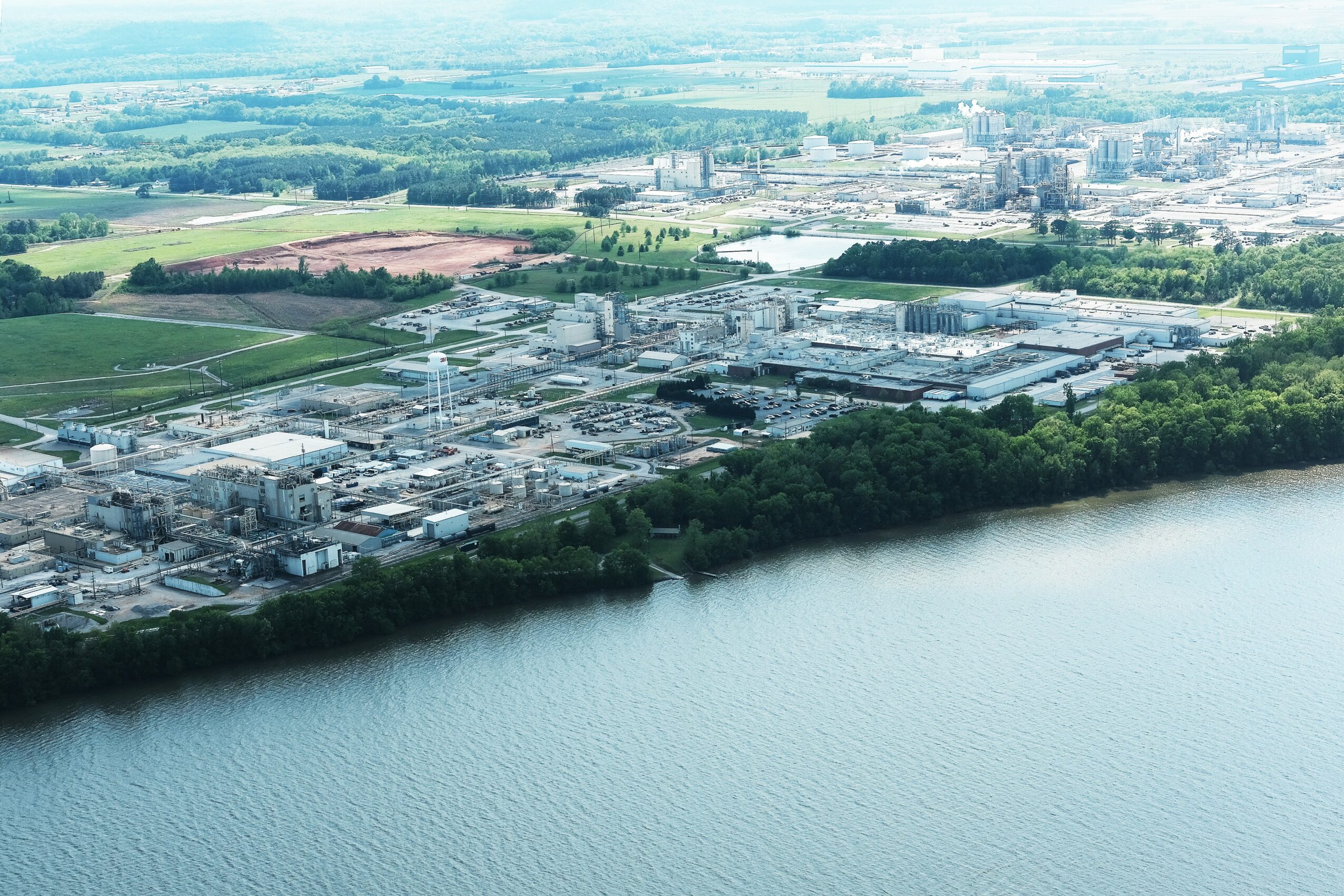
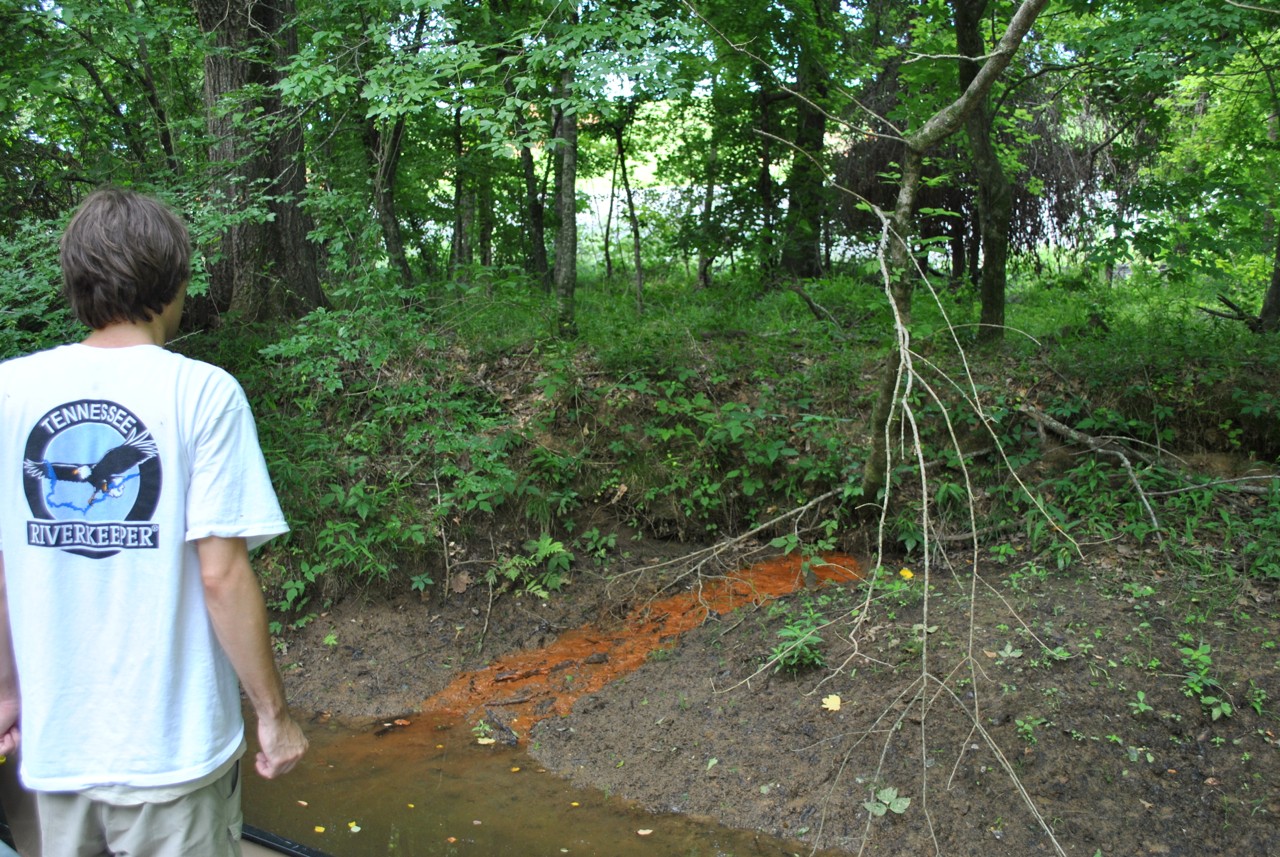
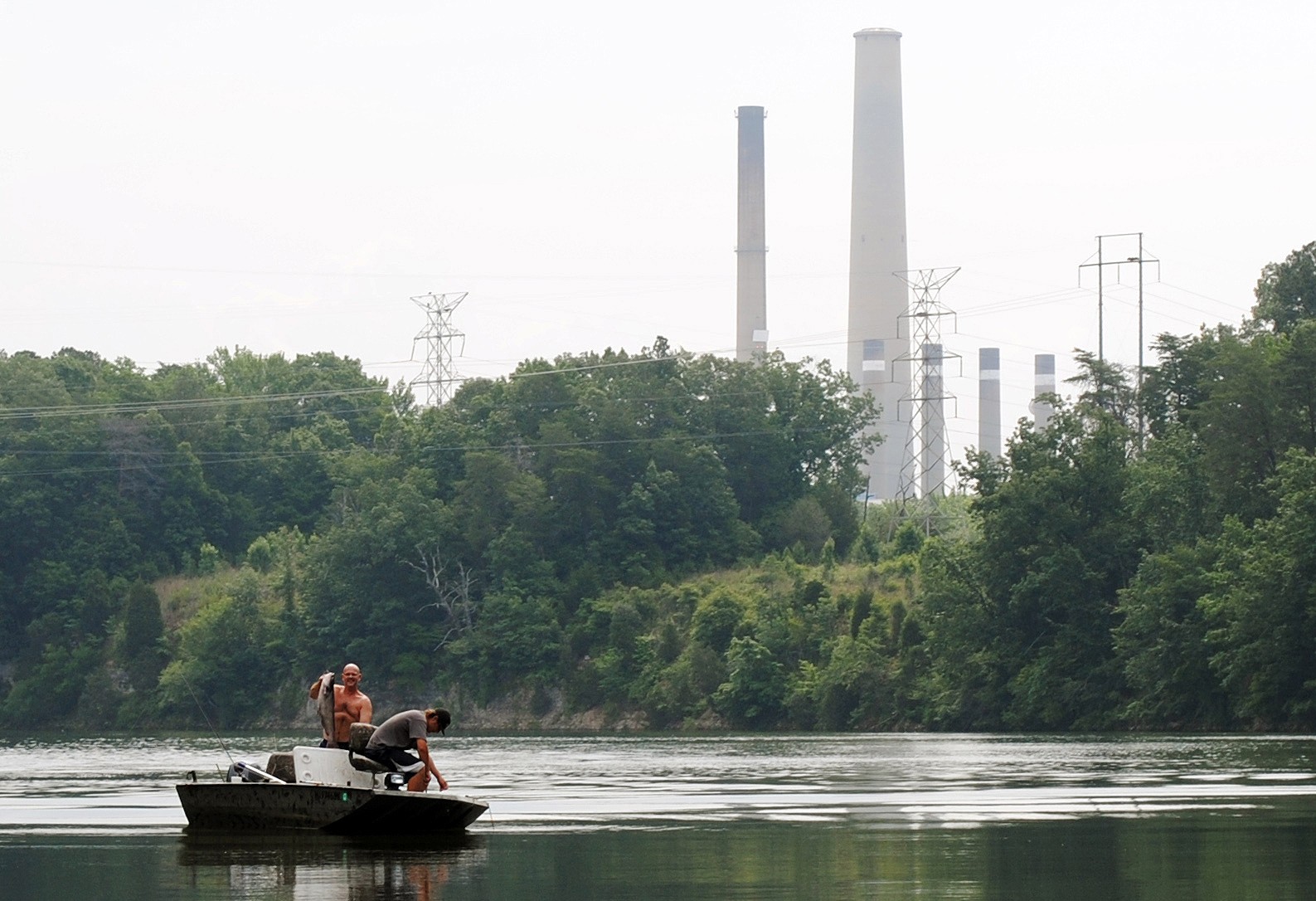
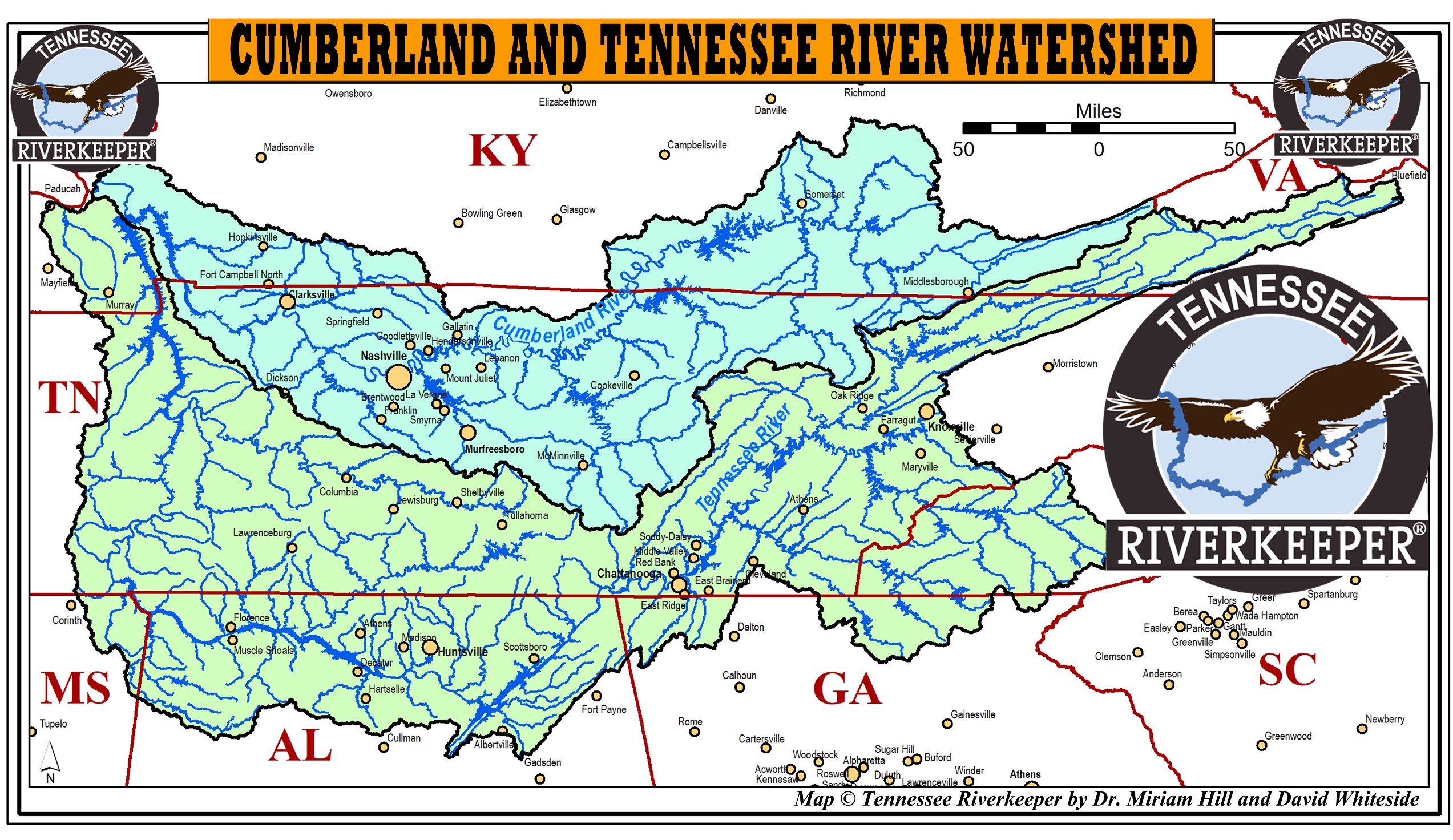
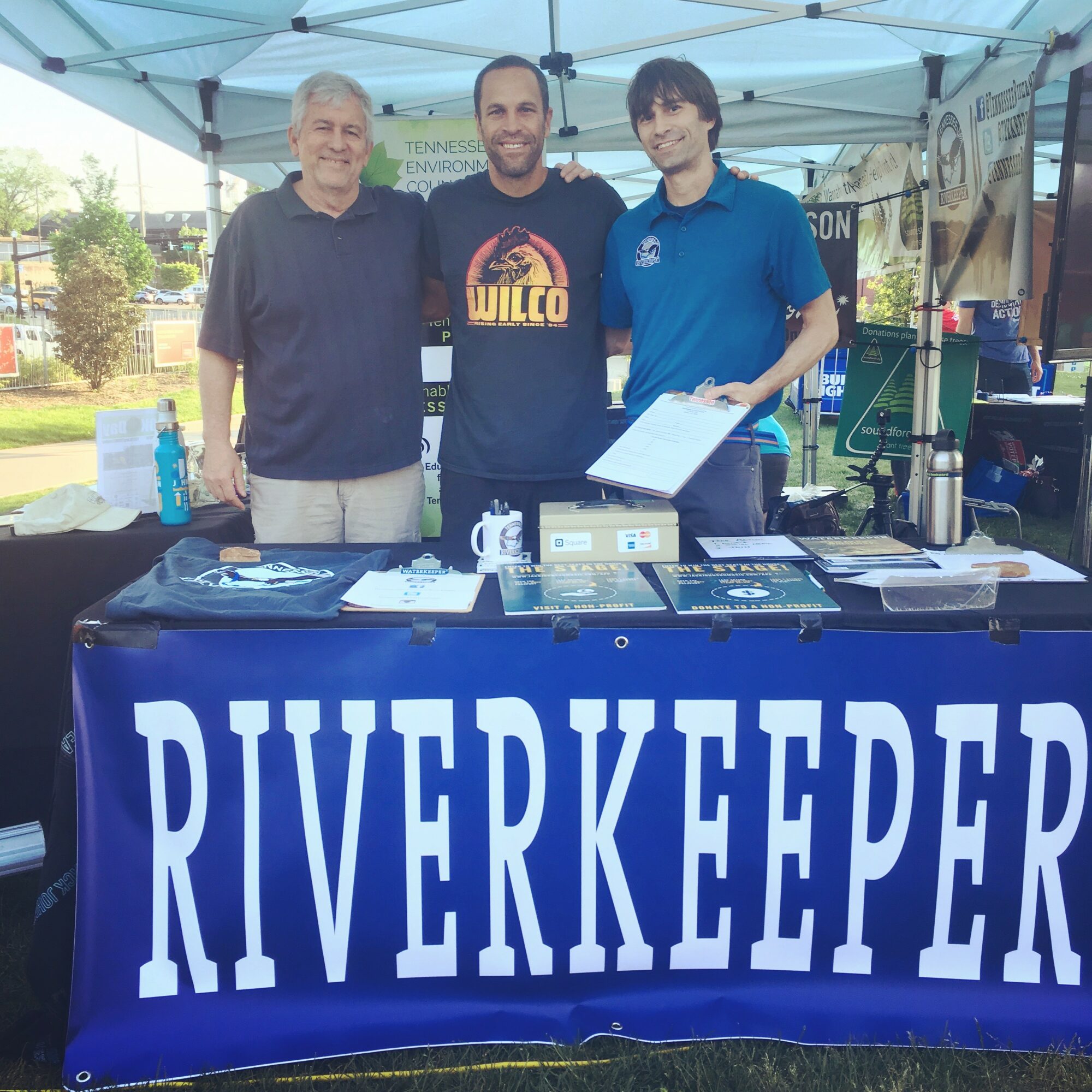

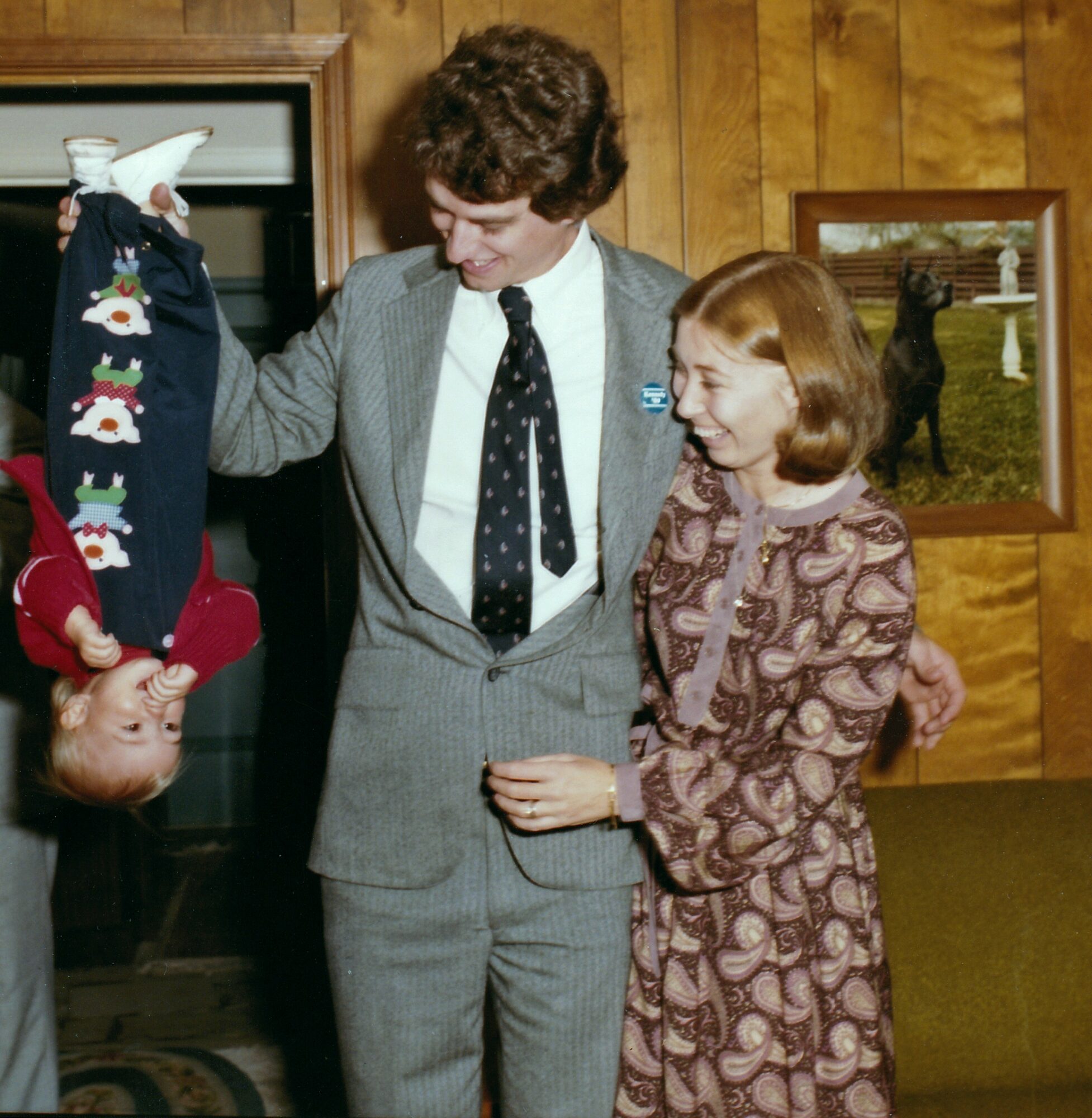
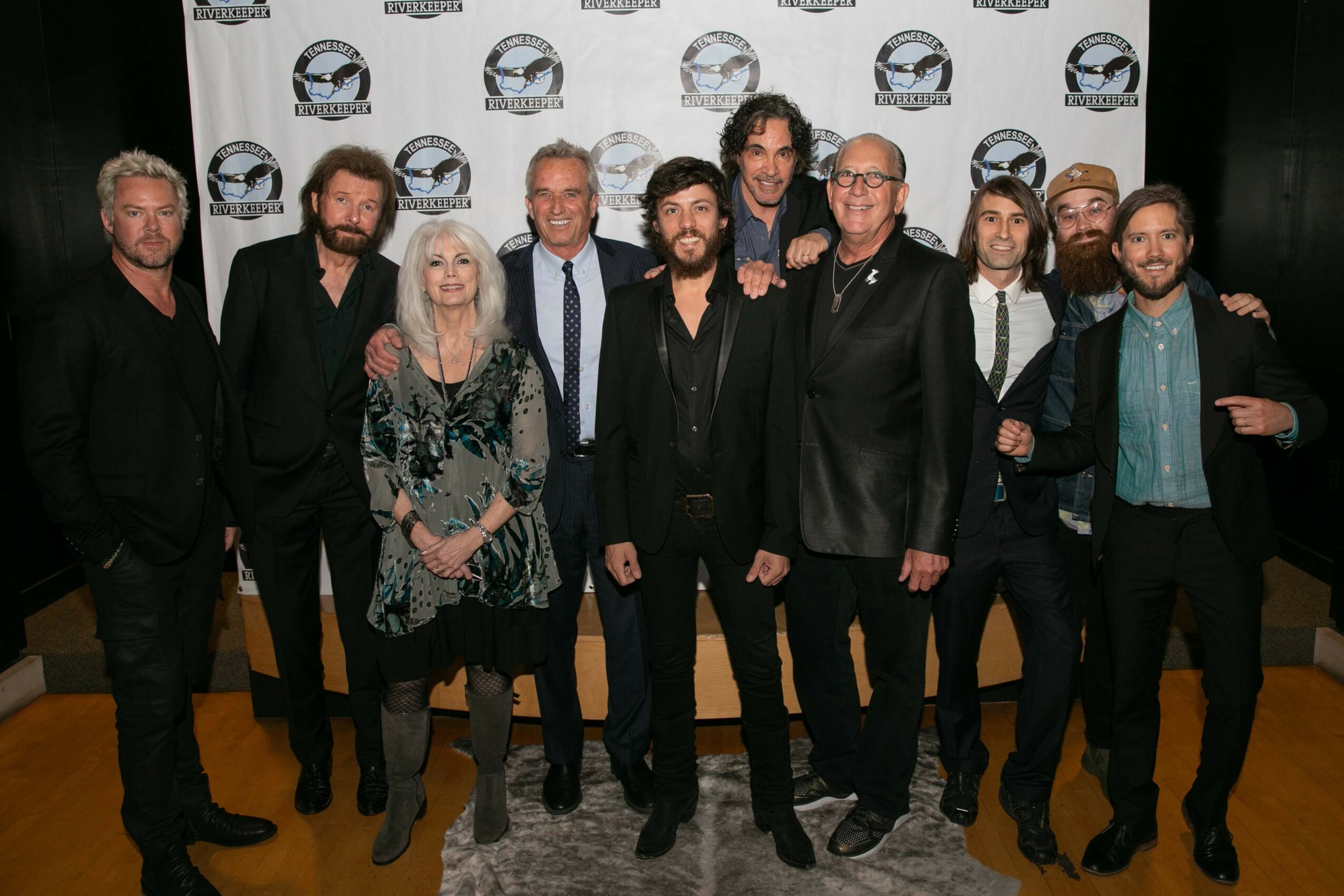
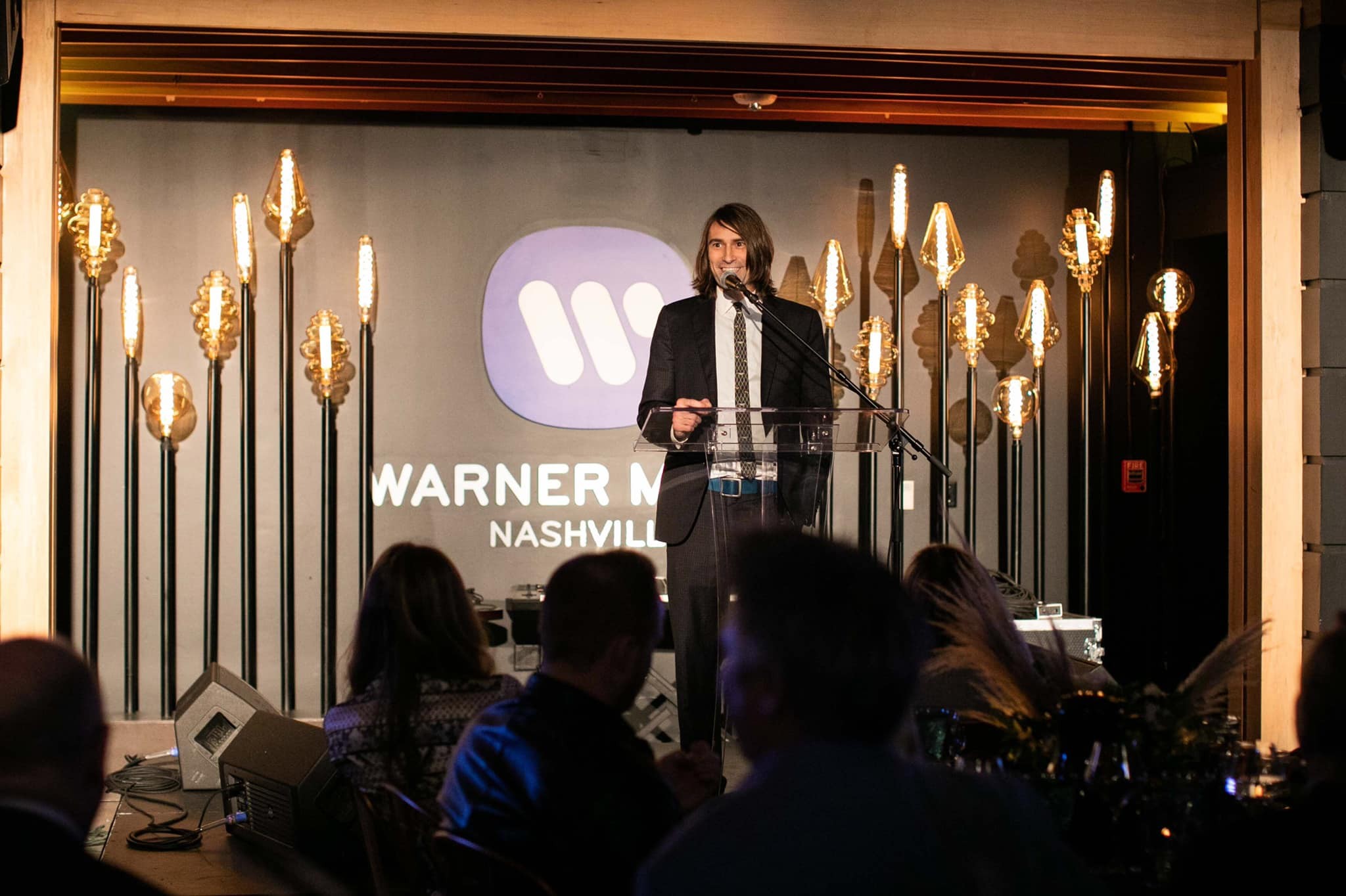
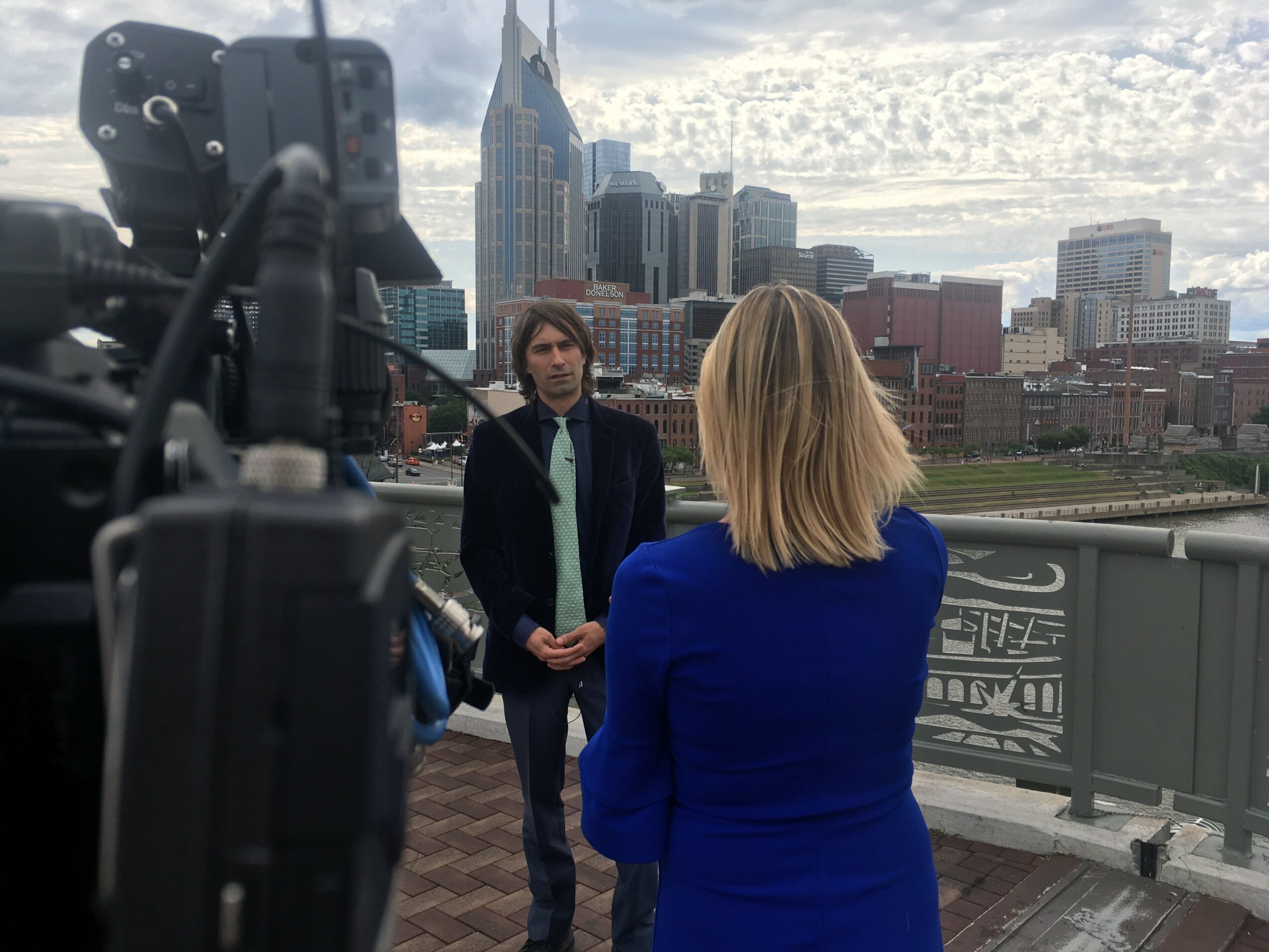
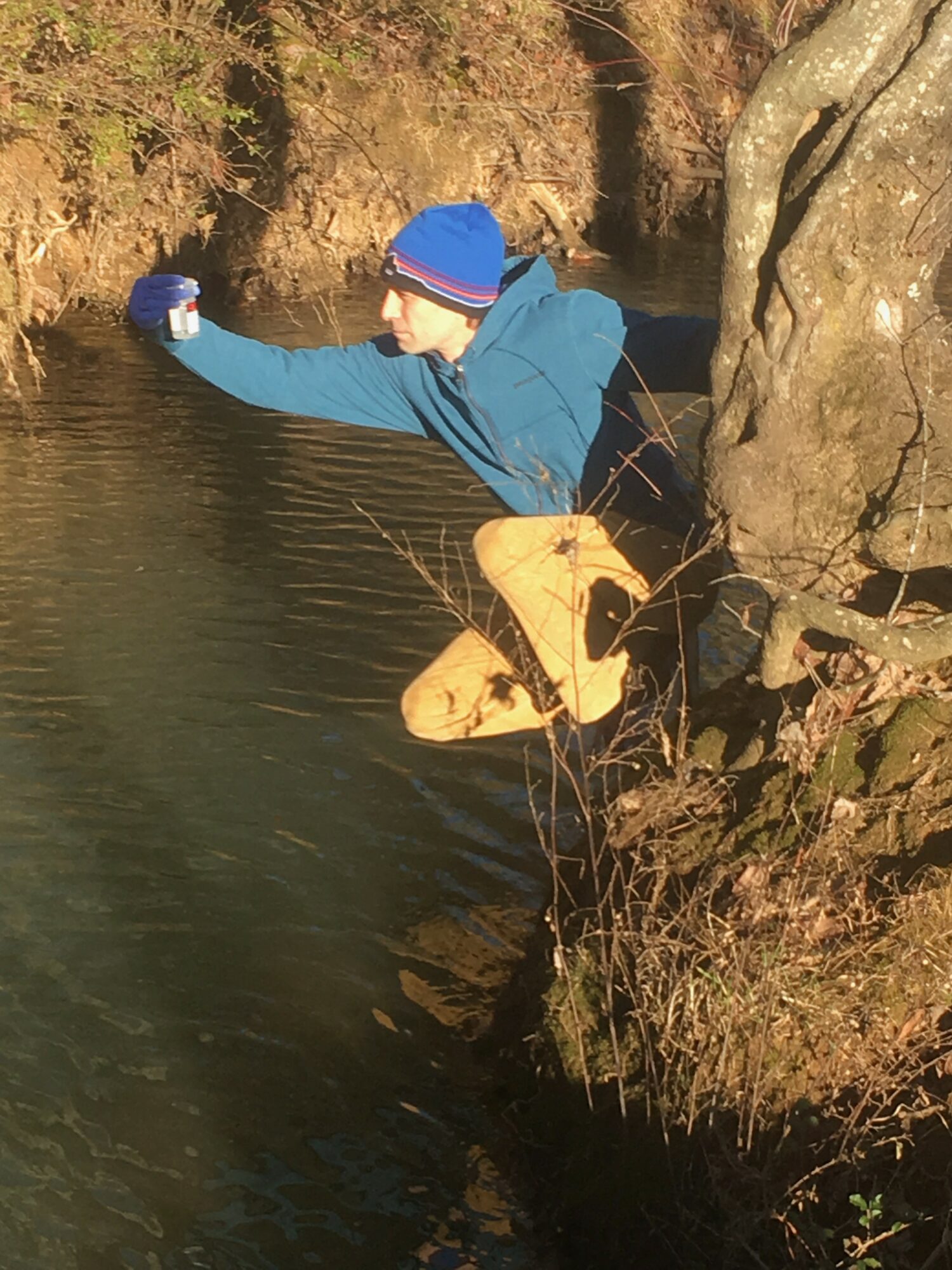
Image Credits
The two Warner images: Warner Music Nashville. The old ones: Whiteside Family Photos. The map has credits at the bottom. The rest credits to David Whiteside and Tennessee Riverkeeper












